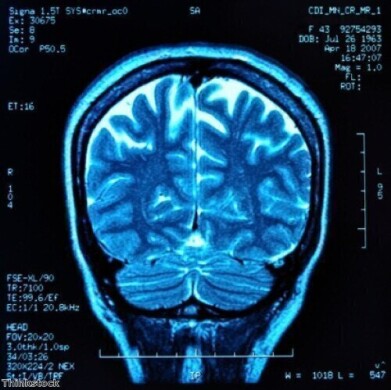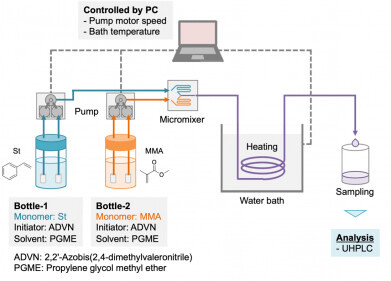-
 Study investigates use of parasites as treatment carriers
Study investigates use of parasites as treatment carriers
Research News
Could parasites be used as neurological treatment carriers?
Aug 03 2024
A world-first study led by the University of Glasgow in collaboration with Tel Aviv University and an international team of researchers, has made the first step towards determining whether brain parasites can be engineered to deliver treatment for neurological conditions across the blood brain barrier, better targeting specific brain areas.
While most neurological conditions, including Alzheimer’s Disease, Parkinsons and Rett Syndrome, have been linked in some way to protein dysfunction, targeting the problem at source has proved complex and has limited the treatment options.
The research team worked with the common brain parasite Toxoplasma gondii, which is already estimated to be carried by a third of the global population in its dormant state. Having evolved to travel from the digestive system to the brain where it secretes its proteins into neurons, this parasite can easily cross biological barriers such as blood-brain-barrier, (also the placenta).
The first success for the study came when the researchers were able to engineer Toxoplasma gondii to produce the MeCP2 protein - already proposed as a promising therapeutic target for Rett syndrome, a neurological disorder caused by mutations in MECP2 gene. Further experiments confirmed that the engineered parasites delivered the protein to the target cell location in both the lab, in brain organoids and in mice models – all thanks to a large team of collaborators with the necessary expertise. The team are now focused on further engineering the parasites such that it dies after delivering the protein, to prevent them from causing harm to cells.
Professor Lilach Sheiner, a lead author from the University of Glasgow’s School of Infection and Immunity, said: “This is a blue-sky project where our collaborative team was thinking out of the box to try to tackle the long-standing medical challenge of finding a way to successfully deliver treatment to the brain for cognitive disorders.”
However, the researchers are clear that lots more research and testing needs to happen before the parasite would be safe to use as a therapeutic delivery vehicle.
Professor Sheiner adds: “The concept is not without challenges, considering the dangers involved with Toxoplasma infection. For our work to become a treatment reality it will require many more years of careful research and development to enhance efficiency and improve safety.”
Professor Oded Rechavi said: “Evolution already “invented” organisms that can manipulate our brains, I think that instead of re-inventing the wheel we could learn from them and use their abilities.”
The study, ‘Engineering a Brain Parasite for Intracellular Delivery of Proteins to the Central Nervous System’ is published in Nature Microbiology.
More information online
Digital Edition
Lab Asia 31.6 Dec 2024
December 2024
Chromatography Articles - Sustainable chromatography: Embracing software for greener methods Mass Spectrometry & Spectroscopy Articles - Solving industry challenges for phosphorus containi...
View all digital editions
Events
Jan 22 2025 Tokyo, Japan
Jan 22 2025 Birmingham, UK
Jan 25 2025 San Diego, CA, USA
Jan 27 2025 Dubai, UAE
Jan 29 2025 Tokyo, Japan



.jpg)














